Fibre is the indigestible part of plant foods. It cannot be completely broken down by human digestive enzymes but is an indispensable part of our digestive health and regular bowel movements.
Some important benefits of fibre also include weight management, lowering cholesterol levels, helping control blood sugar levels and lowering the risk of bowel cancer. There are many foods rich in fibre, such as beans, broccoli, berries, whole grains etc. But most people actually do not have adequate dietary fibre intake (25-38 grams per day). Today, this article will bring you 5 fibre supplements you can easily afford.
Chia Seeds
Chia seeds are the edible seeds of Salvia hispanica, a flowering plant in the mint family native to central and southern Mexico. It is an excellent source of fibre – every 30 grams of chia seeds has close to 10 grams of dietary fibre. Meanwhile. Chia seeds are loaded with antioxidants, omega-3 fatty acids, and key minerals like calcium, phosphorus, and magnesium, and may support weight loss. You can either drink it with warm water or mix it with yoghurt and berries.
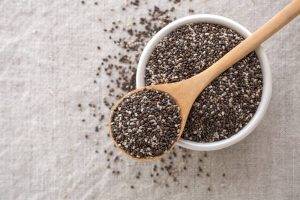
Psyllium
Psyllium, also known as ispaghula, is a form of fibre made from the husks of the Plantago ovata plant’s seeds. On top of the common benefits of fibre, psyllium has been shown by some research it can treat and manage the symptoms of Crohn’s disease. The other use of psyllium is as a laxative. Consult the product instructions carefully to avoid excessive diarrhoea.
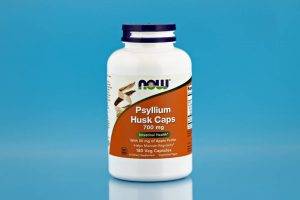
Wheat Dextrin
Wheat dextrin is a by-product of extracting gluten from wheat. It is a soluble fibre that can easily be added to the diet and is widely used in the food industry as a food thickener in packaged soups, sauces, sweets, and baby food and as a replacement for fats in reduced-calorie foods. People with celiac disease should take wheat dextrin with caution as some wheat dextrin might contain traces of gluten, resulting in bloating and diarrhoea.
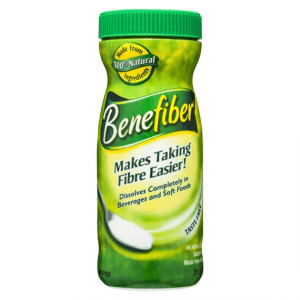
Inulin
Inulin is a type of prebiotic fibre, commonly found in wheat, onions, bananas, leeks, and asparagus. Like all other fibres, it is not digested or absorbed in the stomach but stays in the bowel to help certain beneficial bacteria to grow. It can be made into powder, tablet, or gummies.
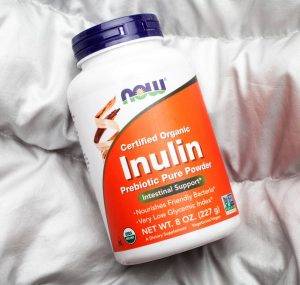
Methyl Cellulose
Another very good source of non-fermentable fibre, meaning it’s unlikely to cause digestive distress. They are usually 100% soluble and commonly used as thickeners and emulsifiers in various food and cosmetic products. Like cellulose, it is not digestible, not toxic and does not induce allergic reactions. It can also be used as a laxative if taking the proper amount.
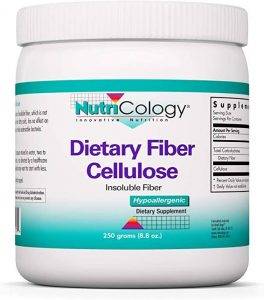
Conclusion
There are indeed a variety of fibre supplements available on the market. However, taking too much fibre could result in diarrhoea, sore stomach or other forms of digestive distress. Rather, consider food that is rich in fibre and adjust your diet.

